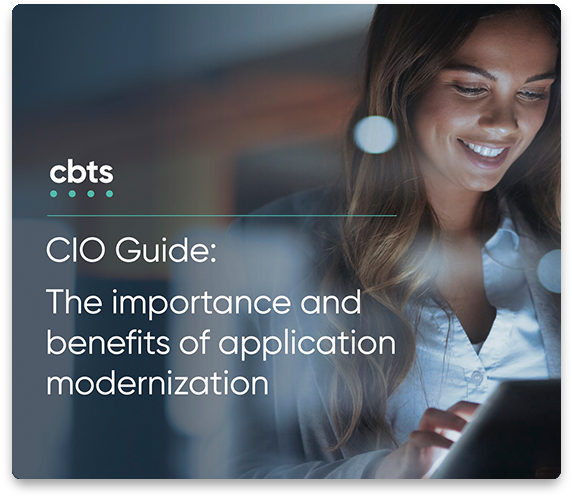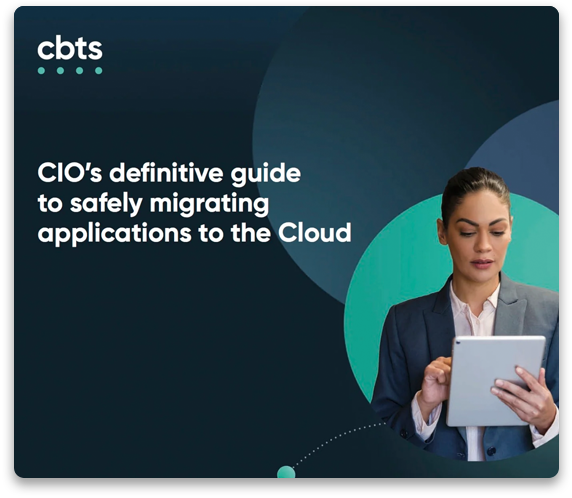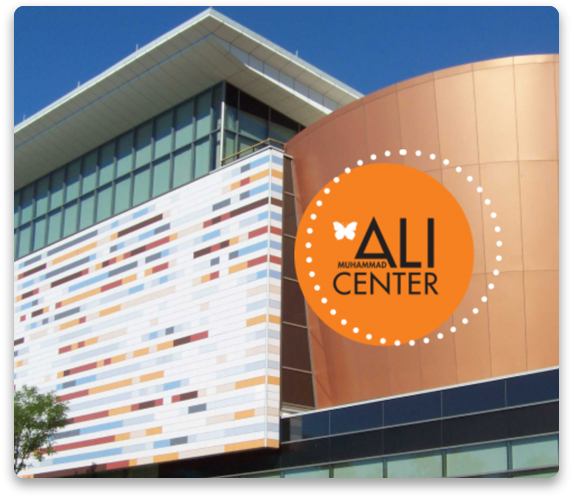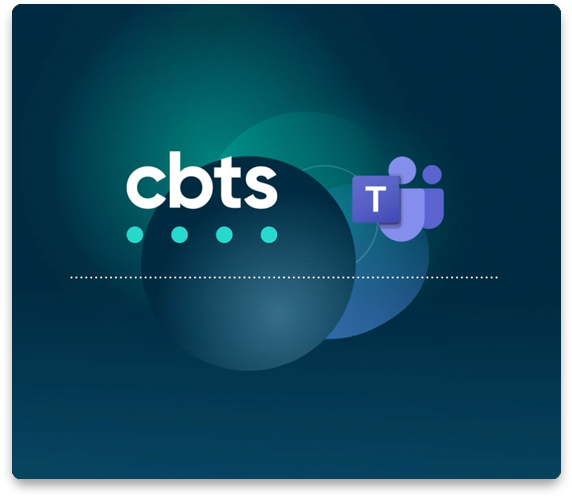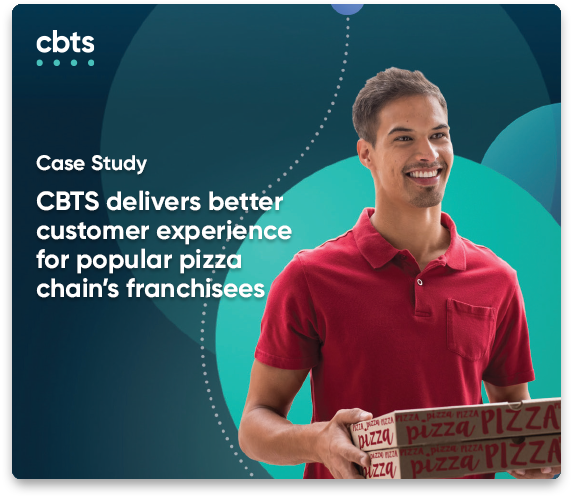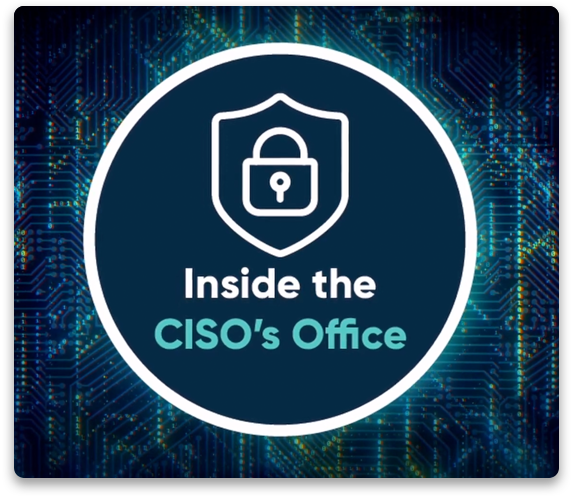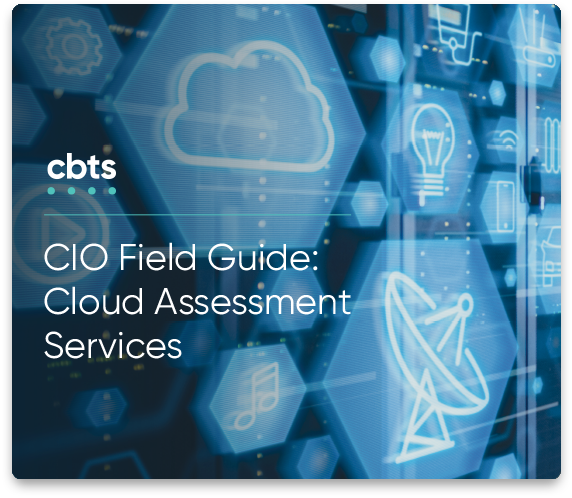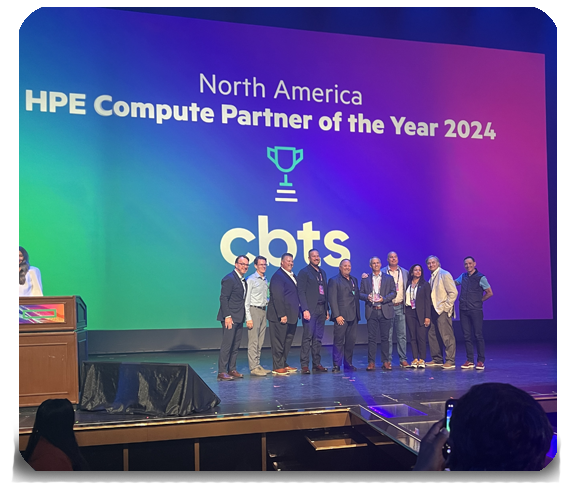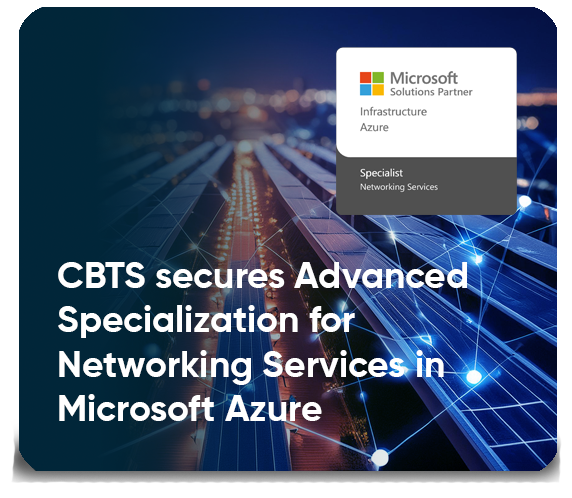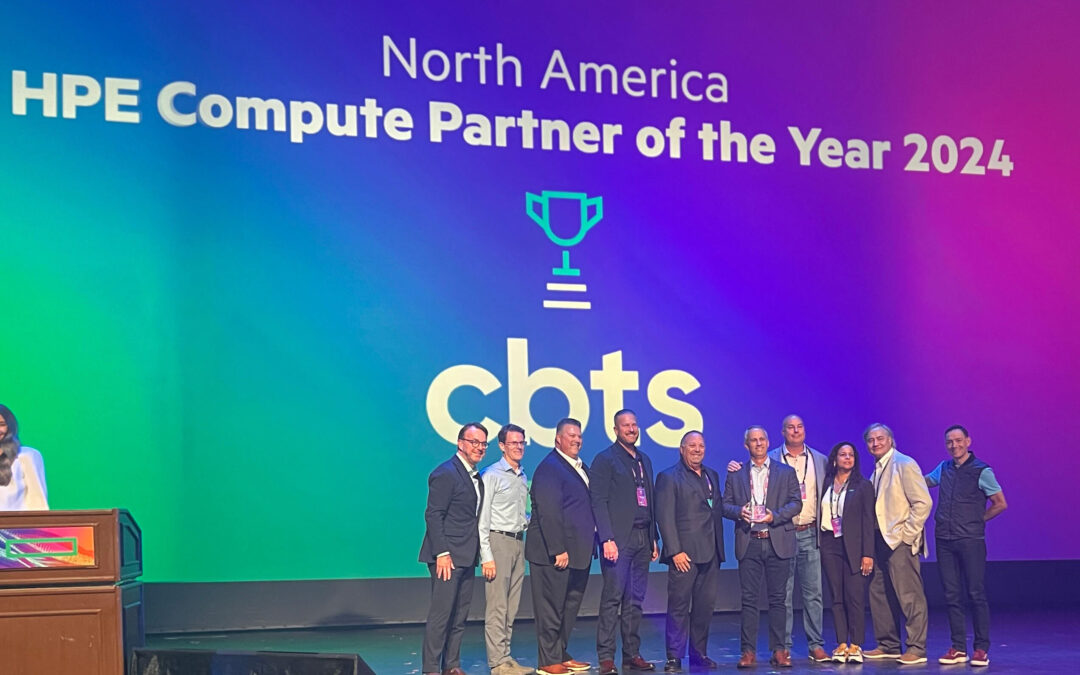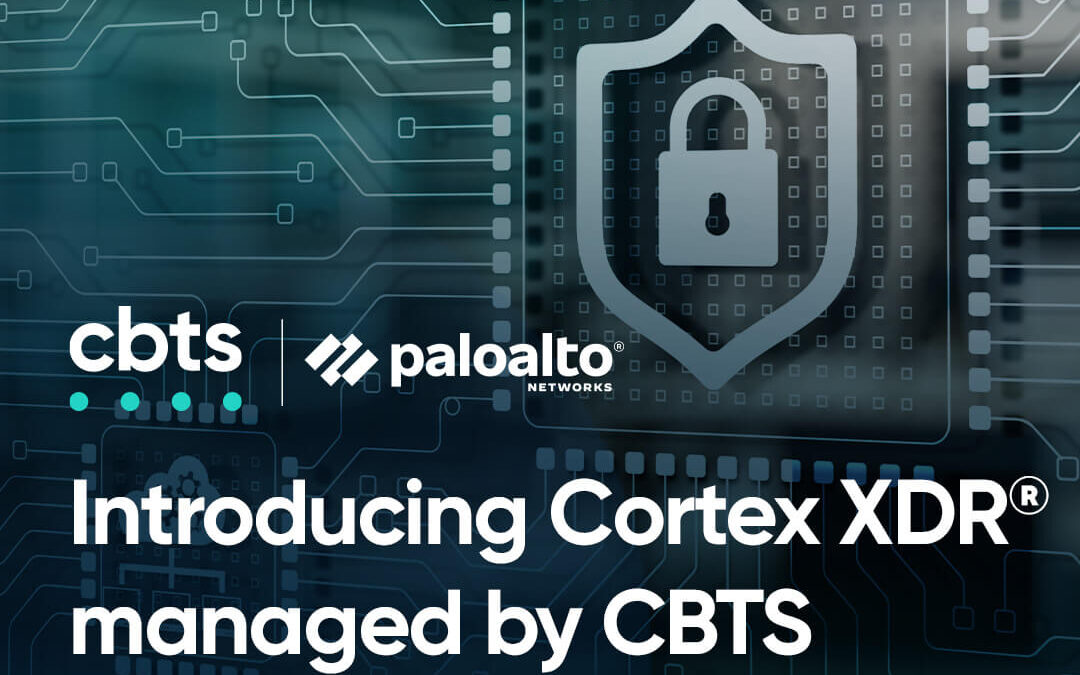
Customer relationship management (CRM) software is critical in today’s competitive and technologically advanced retail environment. CRM in retail provides a unified sales, marketing, and customer service hub that both recruits and retains customers. The top benefits include:
- Increased customer satisfaction
- Reduced costs
- Improved sales
- Enhanced customer service
However, businesses must understand how CRM in retail works in order to select the appropriate software and ensure it has the features necessary to manage their specific business needs.
CRM in retail unifies the customer experience
An omnichannel experience is key for today’s retailers, who must seamlessly connect with consumers. Leveraging real-time customer data allows retailers to create relationships and drive loyalty by better targeting individual consumer needs.
Busy consumers demand a fast, convenient shopping experience. CRM in retail is critical in order to organize and manage customer data so retailers can provide a tailored sales approach to every consumer at the right time and through the right channel.
This is advantageous for both retailers and consumers: Retailers communicate their information to the consumer, and the consumer receives the information through the channel(s) they desire.
Retailers can personalize the shopping experience through the following CRM in retail tools:
- Social media. By interacting with customers via social media, merchants gain public exposure and create “brand ambassadors” who recruit potential new customers.
- Artificial intelligence. New voice technologies such as Google Home and Apple HomePod allow consumers to investigate and make purchases without human interaction. Similar technologies, such as self-checkout lanes and virtual or augmented reality options, are increasingly popular with both consumers and retailers.
- Blockchain. Blockchain is a digital ledger that maintains a record of a product’s lifecycle, including origin, manufacturing, transportation, and logistics data. This provides consumers with transparent product information and streamlines the record-keeping process for manufacturers, distributors, and merchants.
Learn more: Key Technologies for Retailers
CRM data enhances the entire sales approach
CRM in retail software gathers customer information such as preferences, demographics, and location. Merchants can then leverage this easily accessible data to segment their market and customize their sales approach. For example, if the demographic information indicates a significant number of young customers with children, retailers can focus on creating a more family-friendly store environment.
CRM in retail data also enables retailers to target individual customers. If a customer has visited a merchant website and viewed certain products, retailers can focus on driving advertising deals and promotions on these products to the customer, and encourage them to make a purchase. Retailers can also manage promotion effectiveness by eliminating products and promotions that do not interest a specific consumer.
A CRM in retail system maintains a structured record of customer purchases, service calls, and even warranties. With this data, retailers can manage several different digital marketing campaigns and disseminate special offers to customers when their warranties are about to expire. This low-cost strategy keeps products in front of the customer, and provides them with purchase information when they need it the most.
CRM technology retains customers by serving them in a focused and convenient way
The end goal of CRM in retail is to increase customer retention. Retailers can further this effect by using CRM software to implement customer loyalty campaigns. These programs and applications track purchases and issue rewards. Such programs are extremely valuable and cost-effective, as it costs less to maintain an existing customer than it does to recruit a new one.
CRM systems are vital tools that allow retailers to manage the entire sales process. By building long-lasting customer relationships, retailers ensure their relevance and success in the future.
CBTS helps retailers improve their businesses
CC-One, for example, is a unified contact center solution that provides omnichannel web, email, chat, and social customer interactions. This CRM in retail solution allows retailers to engage with customers in their preferred way while optimizing and managing the workforce to connect with consumers via phone, SMS, email, and even messaging apps.
Successful retailers are combining Wi-Fi with analytics to drive store sales and loyalty. Through CBTS Network as a Service (NaaS) solution’s single-pane of glass dashboard, business decisions can be made to improve the customer experience. Our solution provides instant access to real-time analytics of consumer behavior, and enables retailers to leverage their ability to send “sale” offers to shoppers’ smartphones. It also allows shoppers’ barcode readers to find product ratings, which can finalize a purchase that otherwise might not have taken place.
Cisco’s Meraki platform features Edge router appliances for top quality in-store Wi-Fi. The platform is easy to deploy across branch locations. Meraki’s auto VPN feature provides secure data connectivity between the central office and all branches, for real-time, company-wide communications.
Contact CBTS today to learn how our solutions can benefit your retail environment.

